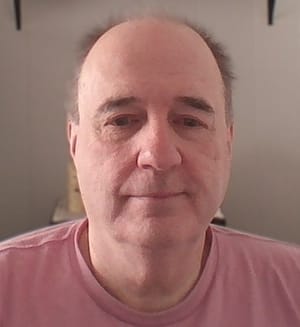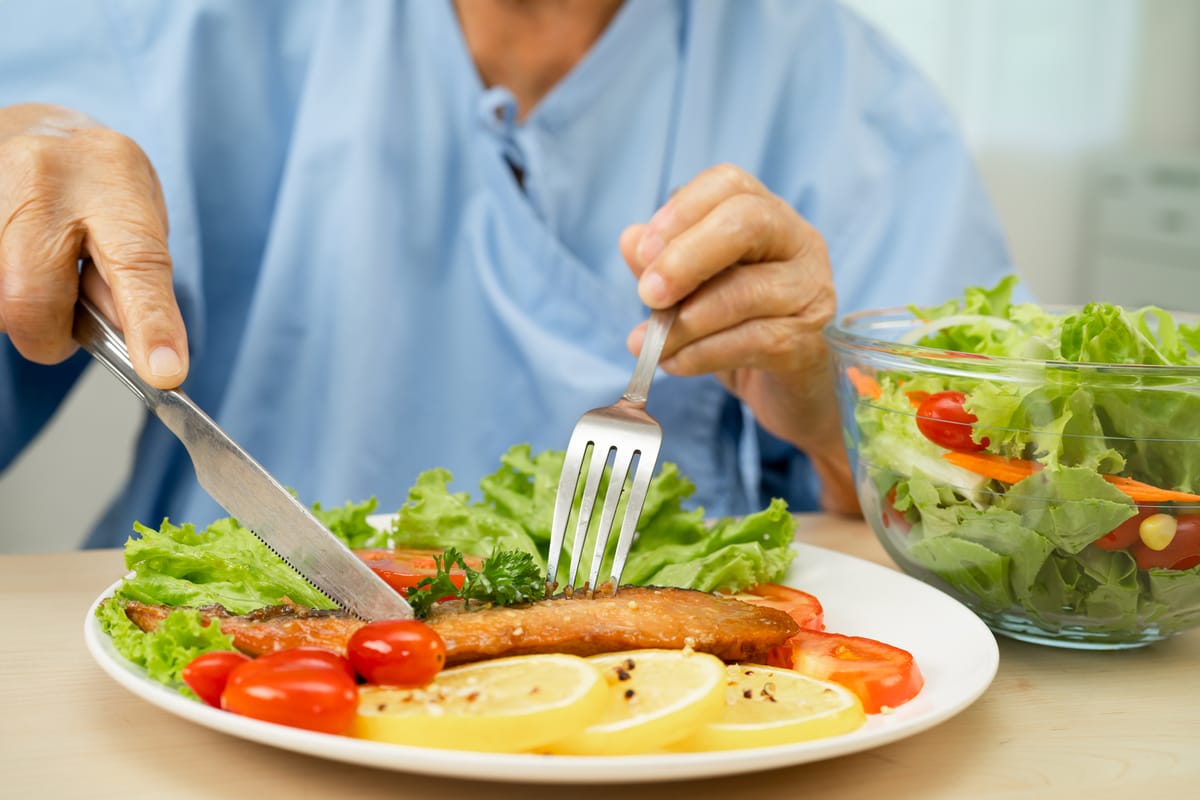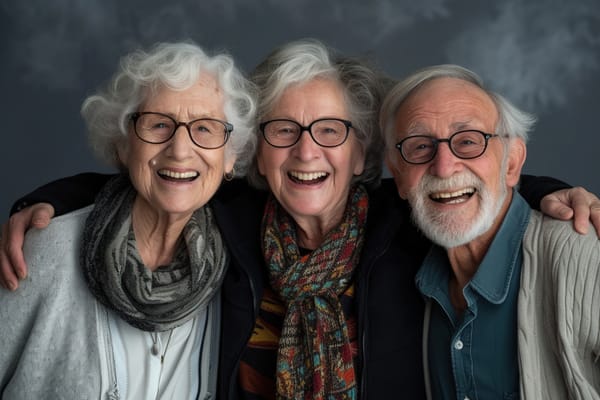I never used to think much about food beyond whether it tasted good and kept me full. In my younger years, a burger and fries could follow me into a meeting, or I’d race through the day fueled by coffee and whatever was closest to hand. I didn’t worry about protein content or bone density or what certain foods were doing to my energy.
But as I crossed the line into my 60s, my body started having opinions of its own.
At first, it was subtle. A little more stiffness in the morning. A touch more fatigue in the afternoon. I chalked it up to the usual wear and tear of life—raising kids, working long hours, late nights spent doing taxes or worrying about something that didn’t matter as much as it seemed to at the time.
And it wasn’t about "dieting"—God knows I’ve been through that hamster wheel more times than I care to count. What I was realizing, truly for the first time, was that nutrition wasn’t about restriction or guilt. It was about support. It was about giving this hardworking, still-beautiful, still-dreaming body of mine the fuel it now needed to thrive. Not to look like I did at 30—but to feel good at 60, 70, and beyond.
I started paying closer attention to how food made me feel, not just how it looked on the plate. I noticed that starting my day with something that had a little protein—not just toast and jam—helped me keep my energy up well into the afternoon. I discovered that too much sugar, especially late in the day, threw off my sleep. I found that leafy greens—something I once ignored or drowned in dressing—actually made me feel lighter, calmer, and somehow more balanced.
It wasn’t overnight. I made plenty of small shifts, and I still treat myself. (There is no world in which I give up my Sunday morning cinnamon roll.) But gradually, food stopped being a battle or a chore. It became a kind of quiet friendship. Something I do with my body, not to it.
One of the bigger surprises was how much less food I needed—but how much more attention I had to give to what was in it. I could no longer just fill the tank and go. My body started whispering things I used to ignore. “A little more water, please.” “Can we cut back on the salt just a bit?” “Where’s the calcium coming from these days?” At first, I found myself frustrated by this, as if my own body had turned against me. But over time, I realized it wasn’t betrayal—it was partnership. My body was trying to talk to me. I just hadn’t been listening.
One of the most helpful things I learned is that we lose some of our ability to absorb nutrients as we age.
That means even if we eat the same way we always have, we might not be getting what we need. I had to get intentional. I began leaning into foods rich in B vitamins, making sure I got enough magnesium and potassium—things I’d never paid attention to before. It’s funny how something like a banana or a handful of almonds can feel like a little act of self-respect.
And here’s the most important part, for me at least: I stopped chasing perfection. I let go of the idea that there’s one perfect way to eat. Some days I still grab the quick frozen dinner. Some nights I still eat too late or snack mindlessly. But most days, I eat with the awareness that this body has carried me through so much—and deserves care in return.
There’s a gentleness that comes with aging, if we let it. A softening not just of skin and muscle, but of judgment. And as I’ve changed how I eat, I’ve also changed how I talk to myself. I no longer say things like, “You shouldn’t have eaten that.” Now I ask, “How did that make you feel?” I’m not just feeding a body—I’m feeding a life. A life still full of purpose, pleasure, and yes, flavor.
So here’s what I want to say to anyone navigating this stage of life alongside me: You don’t have to overhaul everything at once. You don’t need to become a nutrition expert overnight. Just start noticing. Listen to how your body responds. Be curious. Be kind. Try something new, not because someone says it’s “anti-aging,” but because it might help you feel better when you get up tomorrow morning.
This body of mine—it’s got some wrinkles and creaks, sure. But it’s also wiser, more intuitive, and more honest than ever. I’m learning to feed it not with fear or fads, but with respect. And every meal is a new opportunity to say, “I’m still here. I’m still taking care of me.”
And that, I think, is a kind of nourishment we all deserve.
Been there? Done that? I’d love to hear your story. Drop a comment or send me a note. This space was built for conversations like that.
- Jack









Member discussion